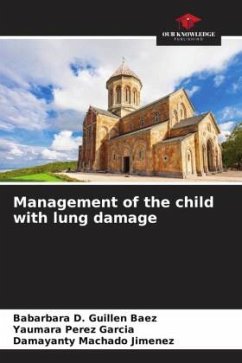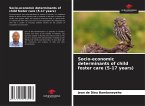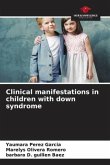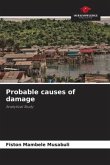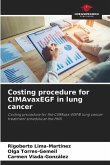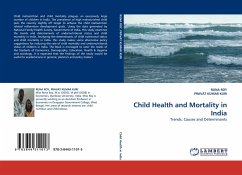They are a family of etiologically related disorders, more frequent in term and post-term neonates than in preterm infants. It includes the following pathologies: pneumothorax, pulmonary interstitial emphysema (PIE), pneumomediastinum, pneumopericardium, air embolism and subcutaneous emphysema. (2) In 1936 Macklin, quoted by Sola (3), demonstrated the existence of pores in the intra-alveolar septa (Kohn's pores) whose number and size increase as gestational age increases. These pores allow the distribution of air in the ventilated and non-ventilated units of the lung, which in the immature patient favors the unequal distribution of ventilation by decreasing the possibility of a collateral pathway. The Macklin effect was described in 1939 by Dr. Charles Macklin and explores the etiology of air leakage in up to 39.0% of patients with blunt chest trauma, the fundamental pathophysiological mechanism is alveolar rupture secondary to pressure gradients that condition air leakage to theinterstitium and pulmonary lymphatics, which dries through the interlobar septa adjacent to the blood vessels and bronchial systems until it reaches the hilum and from there.
Bitte wählen Sie Ihr Anliegen aus.
Rechnungen
Retourenschein anfordern
Bestellstatus
Storno

